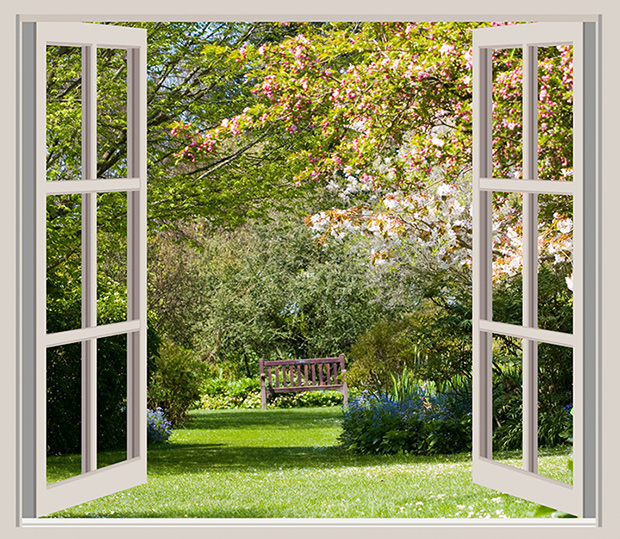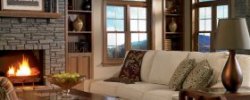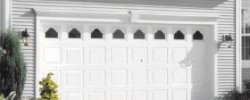 Windows are an important part of any home, from the light they let in to views they reveal. However, they can also create a host of problems ranging from excessive glare, heat build-up and high energy costs as you’re forced to run the air conditioner more often to stay comfortable. Residential window tinting with LLumar window films can help you control these problems while providing increased comfort and lower overall energy costs.
Windows are an important part of any home, from the light they let in to views they reveal. However, they can also create a host of problems ranging from excessive glare, heat build-up and high energy costs as you’re forced to run the air conditioner more often to stay comfortable. Residential window tinting with LLumar window films can help you control these problems while providing increased comfort and lower overall energy costs.
Windows play a significant role in regulating heat and energy in your home. According to the EPA Energy Star Buildings Manual in the United States, approximately one-third of an average home's utility bills are wasted by heat loss in winter and heat gain in summer through untreated windows.
Residential window tinting with LLumar window films can lower heating and cooling expenses by reducing solar heat from the outside, reducing hot and cold spots inside, and helping to prohibit heat from escaping.
Open your blinds, shades, or drapes and let the sunlight in! LLumar window film reduces glare by up to 87%, making it easier for you to watch television or work on a computer. And because LLumar residential window tinting is available in a variety of clear, light and subtle shades, you’ll be able to enjoy your view.










We are experts in window film applications which will provide daytime privacy. The physics of tinted glass or window films is exactly the same..so:
It isn't the tint that creates the mirror effect it's the metals in the glass coating or inter-layer or the film that reflect light and heat. In the daylight hours thyere would be privacy . At night the opposite unless you shine lighting diirectly at the glass from the exterior.
There are tinted films that have zero metals (ceramic films) like Huper Optik that can reduce the reflectivity of glass while rejecting heat, etc . These films and…